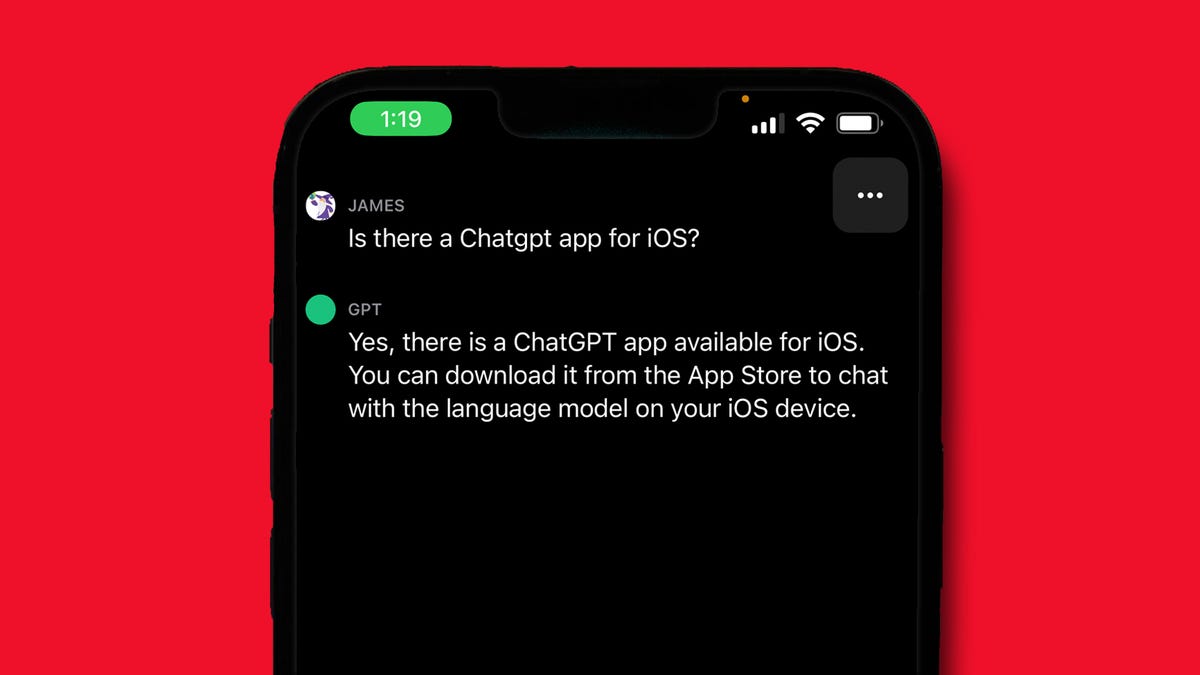ChatGPT Will Now Use Microsoft’s Bing AI Search Engine Data

Microsoft announced Tuesday that OpenAI is using data from the Bing search engine to help improve its ChatGPT chatbot. Incorporating Bing data allows the chatbot to provide real-time information to users, but at first, you’ll have to pay a monthly premium for ChatGPT Plus to use it.
The deal lets ChatGPT anchor its responses to Bing search data from up-to-date websites, said Yusuf Mehdi, Microsoft’s marketing chief for consumer products, in an interview.
“They get to ground the answers. That will improve the relevancy. It will also make the answers more timely,” Mehdi said. “The second thing is they can now use citations, so when they have answers, they can point to links where people want to learn more.”
The company showed off the marriage of Bing and ChatGPT at the company’s Microsoft Build developer conference, held Tuesday in Seattle.
It’s not entirely new. In March, ChatGPT Plus subscription members were able to use an “experimental model” that tapped into Bing to browse the internet for more up-to-date information than previously available, although this change was not disclosed at the time. ChatGPT Plus premiered earlier this year and costs subscribers $20 per month.
ChatGPT Plus members will be the only ones to get the new Bing-infused version of the chatbot — at first. But Microsoft said it will eventually come to users of the free chatbot version. Right now, that version only pulls data from before September 2021. Users of the free product will need to enable a plugin to bring Bing to ChatGPT.
Microsoft had already built AI into its Bing search engine and Edge web browser.
Microsoft also announced that it has begun building an AI chat interface straight into Windows, its most important software product. The company will begin testing the tool, called Windows Copilot, in June. It will perform tasks like summarizing documents, suggesting music, offering tech support for your PC and answering questions you might ask a search engine or AI chatbot.
Editors’ note: CNET is using an AI engine to create some personal finance explainers that are edited and fact-checked by our editors. For more, see this post.
Source: CNET














